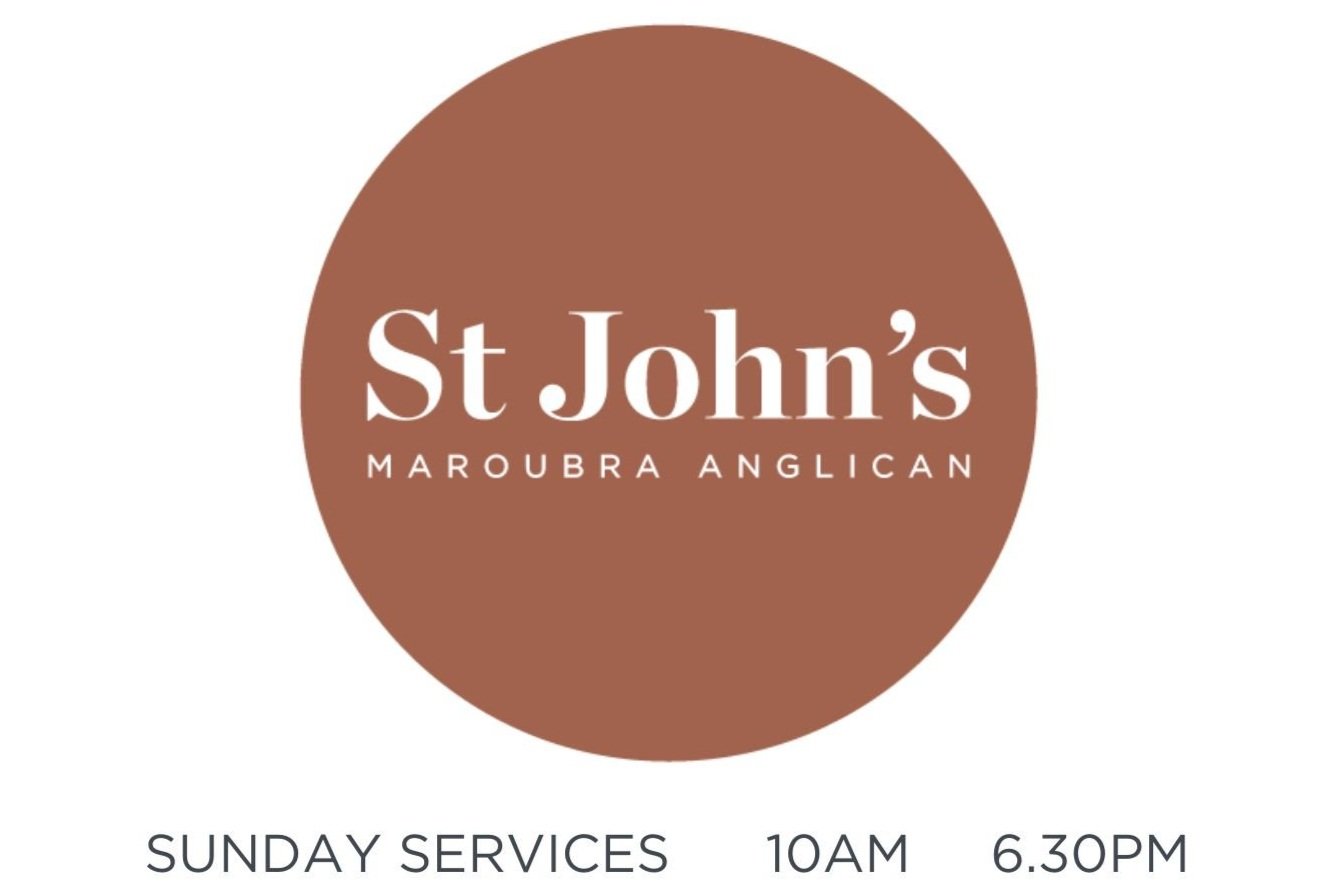I’m advancing some commentary on the Voice over the next months, knowing that while reconciliation is a matter of biblical urgency for all Christian people, the path to reconciliation of people in a nation is a tough ask. I acknowledge that the path may be viewed differently by different Christians. Christians, of course, should all be for reconciliation, but might not be for the Voice. I respect this.
My contribution to this debate is absolutely (cards on the table) asking you to incline your ear to the invitation to vote ‘Yes’, but if you disagree, I hope my writing will help you articulate what paths you can take towards reconciliation. This is just one path of my own, as I personally come to terms with being a Wagga boy from Wiradjuri country, who encounters with this issue of reconciliation at levels that for me include the course of historic friendships, some learning in local language, pastoral relationships in church ministry, mission partnerships with those working among First Nations people in NT and New England, and by engagement in national politics. We each will encounter this matter of the heart in our own ways.
Today I hope to fill in some history on why we have been asked this question now, and explore the necessary, but not fatal, disagreements from the right and left.
How the Voice Appeared as an Issue: The Process
2007. John Howard announced that if he was to win the election, he would hold a referendum to change the constitution to recognise the “special status of Aboriginal and Torres Strait Islanders as the first peoples of our nation”. A difficult and unachieved aim.
2010. Julia Gillard backed this up and established the Expert Panel on the Recognition of Aboriginal and Torres Strait Islander Peoples in the Constitution, going again at what the Liberal Party had started.
2015. A bi-partisan supported Referendum Council was co-launched by Prime Minister Malcolm Turnbull and Opposition Leader Bill Shorten.
2015-2017. The Council established 12 First Nations Regional Dialogues, which engaged over 1200 Aboriginal and Torres Strait Islander delegates on existing proposals for change. These Regional Dialogues culminated in the four-day First Nations National Constitutional Convention at Uluru in May 2017.
May 2017. The Convention gathered 250 Indigenous representatives from the Regional Dialogues to reach a consensus on the way to recognition in the Constitution. Concensus was reached with the Voice as the path to Constitutional recognition and change, but with two extra priorities - Truth and Treaty. Both form part of ‘Makarrata’ - a coming together after struggle. As with all concensus, some walked out believing the concensus was compromise. The majority view was given to Parliament in the form of the Statement from the Heart.
Implications of this History
The Voice has not come, as some claim, from a few elites. Nor from the city. Nor from one state. It came from a Parliament-initiated democratic process kick-started by the two mainstream parties of our Parliament.
As with all attempts at representative democracy, some disagree, and must disagree. Disagreement is essential. Minority opinions matter. Jacinta Price currently is the most vocal Liberal opponent. She must speak. Lidia Thorpe is the most vocal radical opponent. She must speak. Others must join with their voices. It is worth pointing out that Lidia Thorpe remains consistent with her own walk-out from Uluru in 2017. Jacinta Price’s involvement is the conventions is unknown to me. We should expect a vast range of disagreements in First Nations communities, and in the wider nation. That’s democracy!
Of course, this democratic process is representative of the 1200 who participated, and the (unknown) larger number they represented. The 1200 cannot be asked to represent all First Nations people. It was the best process our Parliament thought available. The democratic fullness of the proposal that came from this process is being tested in public debate, and will be at the ballot box. This is fair and good.
The real conclusion here I would like to press home is that the Voice proposal is the end outcome of a process Parliament began, blessed and is now receiving, as always intended, with a careful listening ear. It was expected from 2007 onwards, by both major parties, that we would be considering this question sometime. It has taken 16 years. 13 years of work from those who were invited to undertake such work on behalf of First Nations people.
This is how the Question we will be asked later this year came to be asked. It is a process that has had pedigree and integrity. Of course, being democratic, it has also had disagreement. We are now hearing both the majority view from a long process (The Statement and the request for a Voice), and minority critiques. In time, we shall see which holds the majority.
Don’t let the critics convince you democracy is not alive and well.

